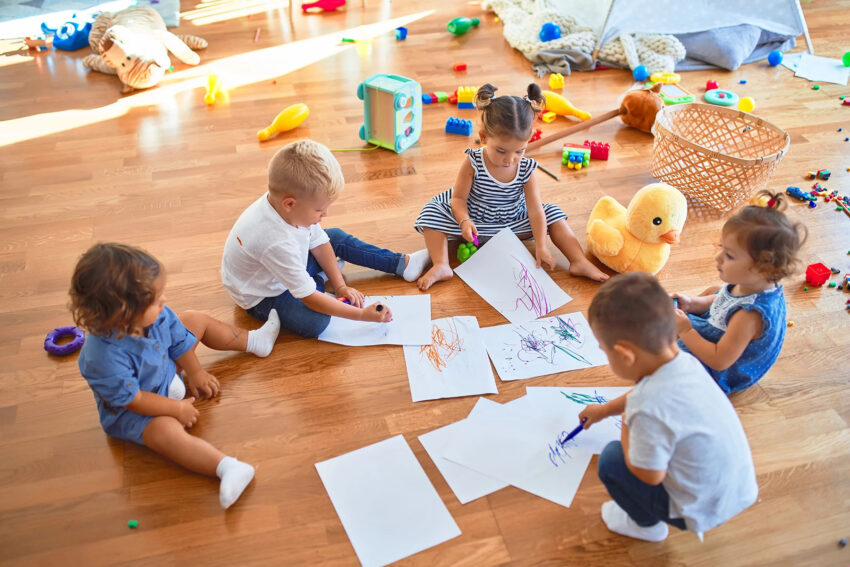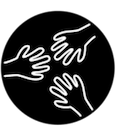The transition of a child from home to school is one that happens in many countries around the world. This can be a very difficult time for children and their families, as they prepare themselves for this major change in their lives. One of the most important aspects of this transition is early childhood education. This article will explore what early childhood education is, how it can help your child with developmental milestones and skills, the benefits of such programs, and more! The content is presented by https://studywatches.com
What is Early Childhood Education?

Image source: Google.com
Early childhood education is the process of developing young children’s social, emotional, cognitive, and physical skills. It’s a time of rapid brain development and growth that occurs in the first few years of life. This period also marks when children begin to form their sense of self.
Early childhood educators help young kids reach their full potential by providing them with opportunities for learning through play-based activities that support their developmental needs such as problem-solving skills and language acquisition (both spoken words and sign language). Discover what number is spelled in alphabetical order.
Early Childhood Education and Developmental Milestones
Early childhood education is an important part of a child’s development, which can have lasting effects on their health, socialization, and academic performance. Children learn best when they are actively engaged in learning environments that encourage their curiosity and creativity. They also need to be able to interact with other children their age; this helps them develop social skills such as sharing and taking turns while playing games or doing activities together.
Early childhood educators are trained professionals who work with young children (ages 3-5) in preschools or day care centers so that these children get the best possible start in life by having fun while developing important skills such as literacy, numeracy (maths), communication skills etcetera.
Benefits of Early Childhood Education
Early childhood education is important to the social and emotional development of children. Children who attend preschool are less likely to repeat a grade, more likely to graduate from high school and go on to college, and will earn higher salaries as adults.
Children who benefit from early childhood education programs are also less likely than their peers who did not attend such programs:
- To be involved in crime later in life (in fact, many studies have found that children who participate in early childhood education programs are up to 40 percent less likely than their peers who don’t attend these types of classes).
- To become pregnant as teens or young adults (this can lead directly to higher rates of poverty since childbearing puts an enormous strain on resources).
Early Childhood Education Programs
An early childhood education program is a program that provides learning experiences for children from birth to age 5. They are managed by public agencies, private organizations, and individuals. These programs can be found in many different settings including daycare centers, preschools, and Head Start programs.
Early childhood education programs provide developmental services to help children develop physically, socially and emotionally so they can learn how to function effectively as individuals later in life. These services include:
- The development of social skills through interaction with peers or adults
- The acquisition of knowledge about the world around them such as colors/shapes/letters etc… (this includes reading readiness)
Conclusion
Early childhood education is an important part of your child’s development. It can help them build skills and confidence, as well as develop a love for learning. Early childhood education programs are also great for building social skills, which is something that your kid will need throughout their life!





